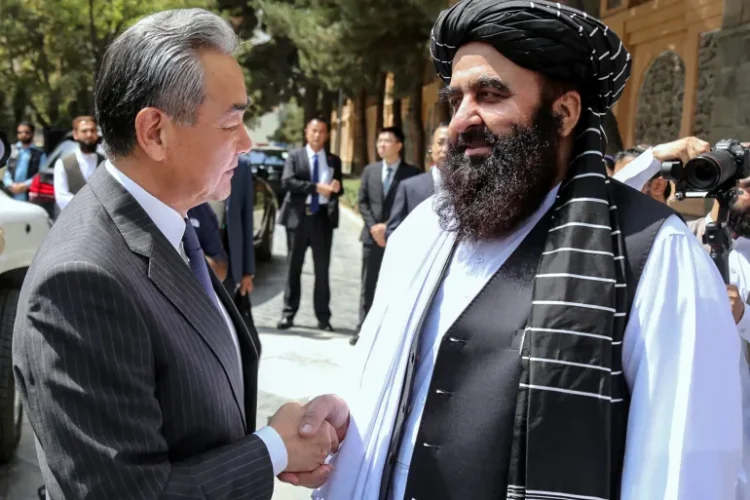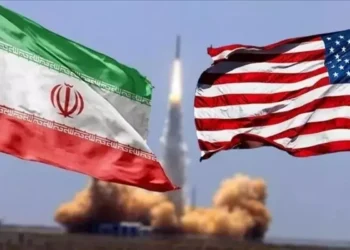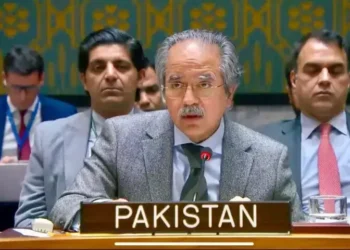KABUL/BEIJING; China has expressed interest in launching mining projects in Afghanistan and formally integrating Kabul into its Belt and Road Initiative (BRI), the sweeping infrastructure program that forms the cornerstone of President Xi Jinping’s strategy to expand Beijing’s global reach. The development was confirmed by Afghanistan’s Ministry of Foreign Affairs on Wednesday.
Chinese Foreign Minister Wang Yi arrived in Kabul this week for talks with Afghan Foreign Minister Mawlawi Amir Khan Muttaqi. According to statements from both sides, discussions centered on deepening cooperation across multiple sectors, including trade, agriculture, and security.
Wang told Muttaqi that Beijing would continue to support Afghanistan’s efforts toward long-term peace and stability. He emphasized that strengthening political trust and security ties was essential for sustained economic cooperation. “China intends to initiate practical mining activities this year,” the Afghan ministry noted in its readout of the talks.
Wang also held a meeting with Afghan Prime Minister Mullah Muhammad Hassan Akhund. In remarks released by the Taliban administration, Akhund praised China’s “constructive role” in global development efforts and urged Beijing to continue supporting Afghanistan’s “legitimate position” in the international arena. Wang, for his part, described China’s relationship with Afghanistan as one of “sincere and steadfast friendship,” pledging full support for the Afghan people’s progress.
The Chinese minister’s visit coincides with trilateral meetings involving China, Afghanistan, and Pakistan, highlighting Beijing’s push to consolidate its regional influence. While neither China nor Pakistan has formally recognized the Taliban administration, both maintain ambassadors in Kabul and have received Afghan representatives in their capitals.
China has been among the most active countries seeking closer ties with Afghanistan since the Taliban takeover in 2021. Last year, it became the first nation to appoint an ambassador under Taliban rule, signaling a pragmatic approach focused on strategic and economic interests.
Analysts point out that Afghanistan’s vast mineral wealth—including lithium, copper, and iron ore—makes it an attractive partner for China, which is eager to secure critical resources to strengthen its supply chains. For Kabul, Chinese investment could provide much-needed economic relief and infrastructure development in a country grappling with poverty and isolation.
The latest engagement underscores Beijing’s dual-track strategy: bolstering its influence through the Belt and Road Initiative while tying economic cooperation to enhanced security coordination with the Taliban government.



































































